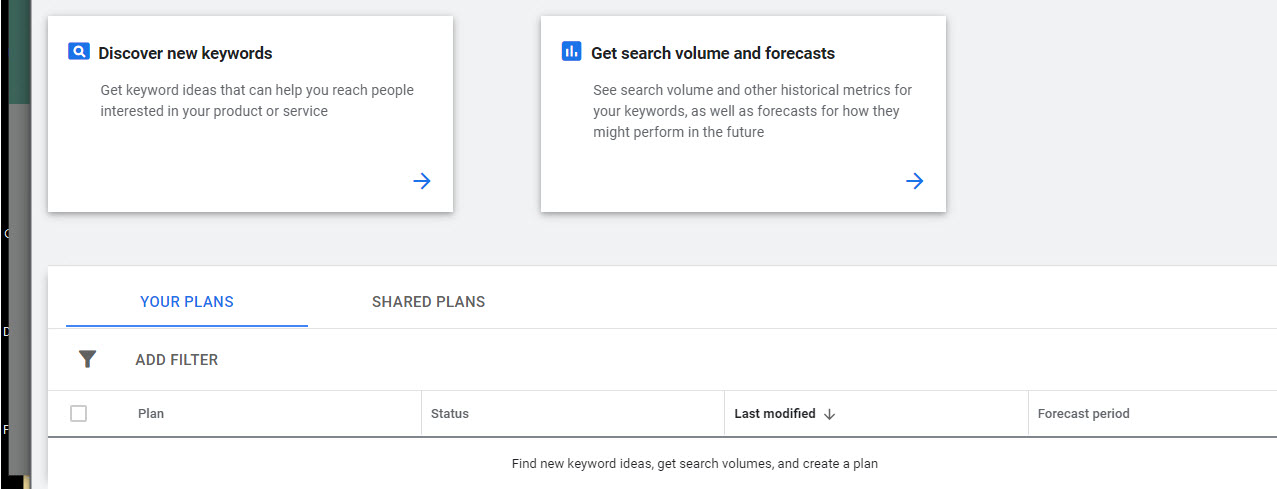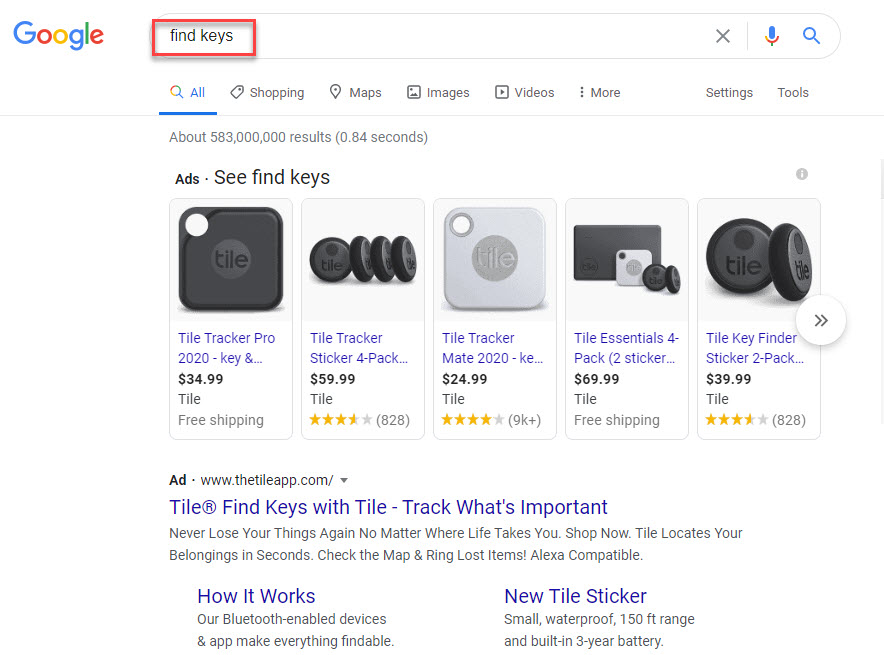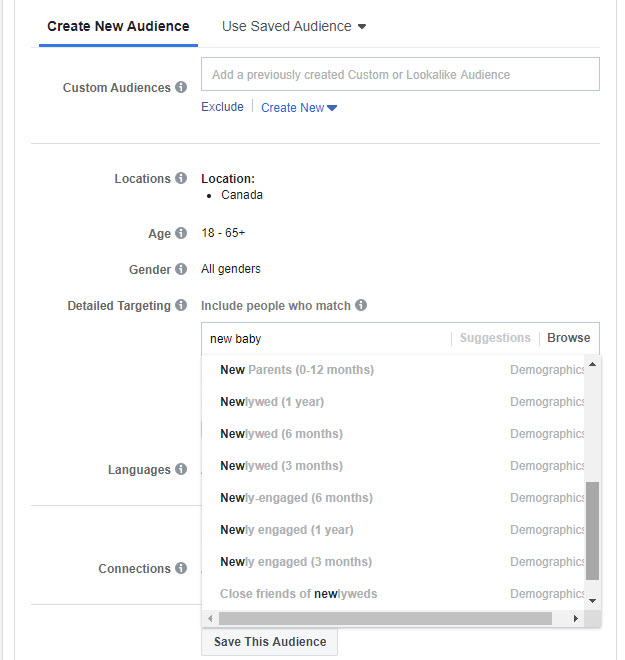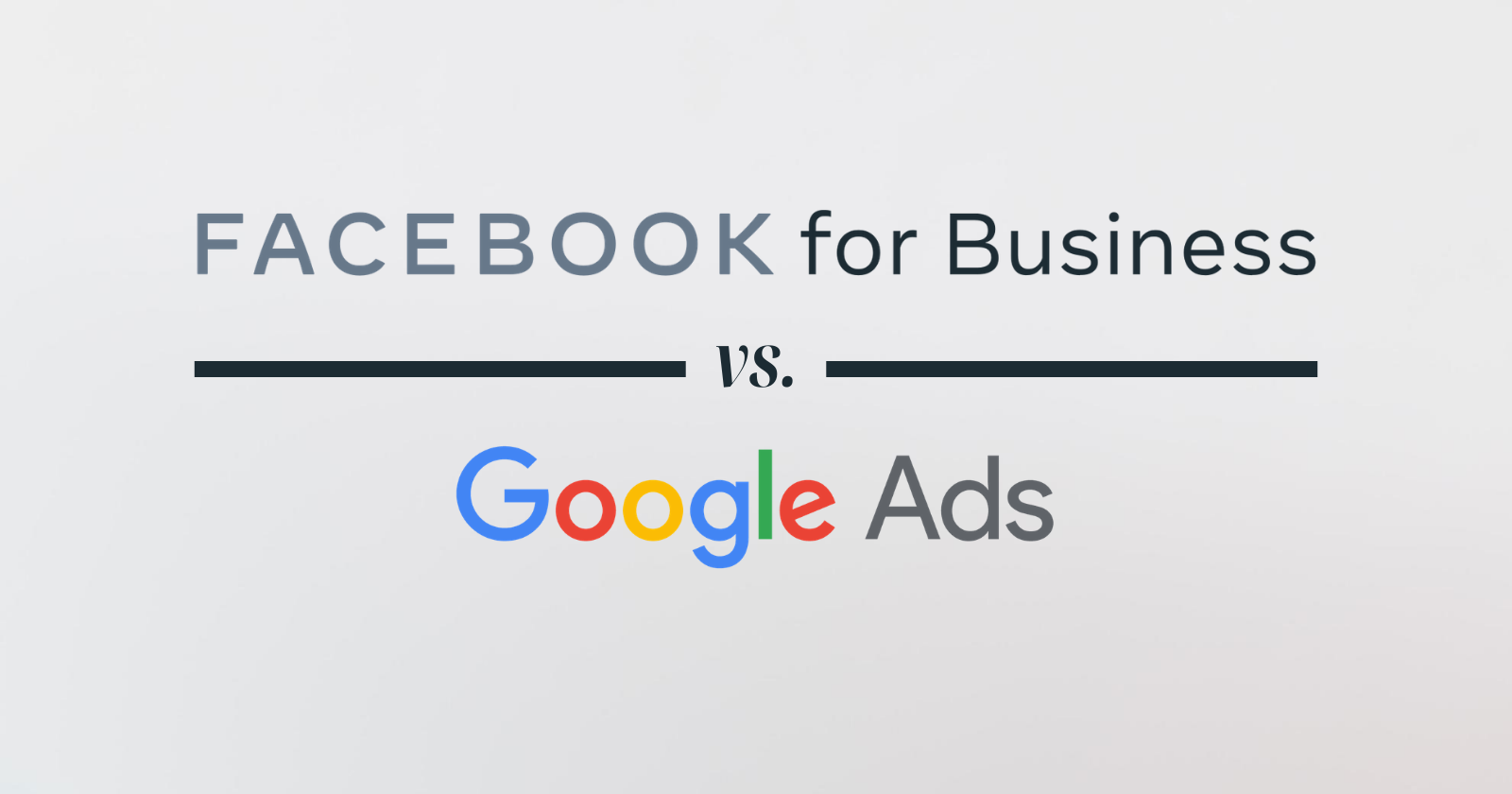It’s one of the most common questions businesses ask when expanding their paid media presence.
Where should I spend my ad money:
Google search or Facebook ads?
Another version of that question is: Which is better, Facebook Ads or Google Ads?
The truth is, there isn’t a “better” when it comes to comparing the two because they do things very differently.
The better questions are:
- Which is a better fit for my budget?
- Which one is a better fit for the product landscape I’m in?
- What stages of the buyer journey am I targeting?
So why is there so much discussion specifically about these two, time and again?
Simply put, the majority of internet users are on the platforms, and both are proven performers.
When you must select one advertising channel over the other, Facebook Ads vs Google Ads (specifically, their search ads product for this comparison), which one should you choose?
Let’s evaluate based on your situation.
Digital Advertising Budget & Acquisition Costs
Before you spend any money, get very clear on your numbers.
Understand what you can afford to pay to gain a customer. If you don’t know this, you’ll spend a lot of money on any platform with no direction.
If you can afford to spend $20 to acquire a customer, but you’re spending $10 to get someone to your website, that means you have to convert half your visits just to break even!
That math doesn’t work well.
Take a look at your full budget, and work from highest intent backward: maximize your retargeting first, and then move the leftover funds into higher in the funnel.
This will make sure you’re getting the best return possible, and then reinvesting further back in the customer journey.
Your Industry & Your Competition
First, consider your industry and research your likely costs with Google’s Keyword Planner.

There are certain industries or sub-industries that are crazy-expensive from a cost per click perspective and ad budget.
For example, law-related keywords are very expensive.
If you are going after searches in that area, and you do not have an insanely large budget, you might want to reconsider.
Let’s say you have $500/day in budget, but your average CPC is $200 (yes, that exists). You will only be able to afford 2-3 clicks a day!
You’ll want to have hundreds (or hopefully thousands) of impressions to learn what keywords, ads, and landing pages are working for you.
It’ll take you a long time to get there when you have a tiny budget versus an expensive click.
While this doesn’t mean you can’t use Google Ads, you do need to set the expectation that Facebook ads might be a more affordable alternative with extremely powerful targeting capabilities for many industries.
One alternative to also consider is only showing ads to users who have been to your site by using the RLSA feature in Google Ads.
This can be industry-restricted, but if you’re able, this still allows you to show to your hottest prospects when they search.
Defining Your Objective
Once you’ve determined what your organization can afford and you’ve considered the industry and the competition, you then should consider what you’re hoping to achieve from this marketing strategy.
If your goal is increasing brand awareness or demand generation, Facebook ads may be more economical for you.
However, if you’re looking to generate sales or leads (i.e., demand capture), then Google Ads might be a better choice for your business.
In that scenario, a user is searching for what your organization is selling. Therefore, you will be targeting people with a generally much higher intent to purchase.
But you’ll need to once again consider your overall Google and Facebook ad spending. In many cases, I’ve seen lower cost per conversion (i.e., cost per lead) from Facebook Ads.
The key is to measure quality and see what your cost per solid, qualified lead is.
It might be twice as much on Google Ads, but do they convert at a higher rate?
Make sure you’re doing the math all the way through to your ultimate objective to find the more favorable path.
Stage in Buyer’s Journey
Understanding where the user is in the buyer’s journey will also help you decide which advertising channel to leverage. This may mean both platforms are a great fit, but just at different times.
If you are looking to capture users in the moment of looking to purchase a product or service, Google Ads would be your best bet due to the high level of intent from your audience.
However, if you’re trying to bring more initial awareness or influence ongoing consideration to your offering, then Facebook ads can help you target those with a current or unknown need for your product or service.
This is how both channels can complement and fuel the growth of your digital marketing strategy and your organization.
Product/Service Maturity & Overall Search Volume
This is usually a good place to start, but I find a lot of businesses don’t consider it heavily enough.
If your organization has a new product or service and there is very little or no search volume, then Google search ads aren’t going to give you a lot of volume.
Think about Uber, for example. A few years ago, the term “rideshare” wasn’t even a thing, so no one searched for it. Services like Uber and Lyft disrupted an industry that people weren’t really searching for yet.
They filled a huge need, but it wasn’t a pain point users searched for solutions to – there were just taxis, and that was that.
Before you rule out Google Ads completely in this scenario, consider the pain points your product addresses. There may be a series of keywords that describe what and how your product solves the issue.
For instance, Tile was described as a “Bluetooth tracker,” but one of the first of its kind. No one was searching for “bluetooth tracker” keywords yet.
But, users were looking for solutions to the problem, such as “find your wallet,” “find your keys,” or “find your phone.”

These phrases speak to the pain point and positioning Tile with ad copy that addresses how it solves the problem would be likely to generate more volume than sticking to the technical name of what it is.
That still may not be enough to use your budget.
If you have an Uber-like product that’s solving a problem people just accept or don’t search for answers to, Facebook Ads is a great place to start.
Instead of targeting by user intent, you can do so by demographics and interests, introducing your offer to your desired audience.
Demographic-Sensitive Product or Service
This leads to the next scenario: if the purchase of your product or service strongly correlates based on specific life events, audiences based, then Facebook is most likely your better option.
Facebook has powerful targeting capabilities such as being able to target based on life-changing events.
While Google gives you the ability to target life events, you are still targeting people that are searching for those terms.
If, as we noted above, it’s not something widely searched for, demographic targeting won’t help you in Google Ads.
In Facebook, however, it’s the primary targeting mechanism, allowing you to reach far more people in certain life situations:

Brand Recognition
Not nearly as important as some other factors, but worth noting and loosely related to the point above.
If you are a new company, you are most likely going to be less successful in search compared to a mature, established company in your industry, even if you’ve made efforts for building brand awareness.
Why?
In this scenario, your competitors have much more brand recognition and brand loyalists.
When users see your ad (a company which they do not recognize) and your competitor’s ad (one they do recognize), they will most likely see much more success (i.e., higher click-through rate) in your competitor’s paid advertising.
Make sure you consider your company’s position in the marketplace.
You may simply need to build up your brand reputation and recognition through Facebook ads and other social networks channels to start, before moving into Google Ads to increase your chances of success.
Conclusion
As you can see, there is not a one-size-fits-all answer or a complete guide to whether you should use Google Ads vs. Facebook ads.
Take a step back, and go through the following steps:
- Determine what you can pay to acquire a customer.
- Consider your industry and whether it’s a search-heavy environment.
- Do keyword research to see the CPC ranges you’ll be looking at in Google Ads.
- Evaluate how far your budget would go in different scenarios.
- Test, test, and test some more to find the right mix!
More Resources:





